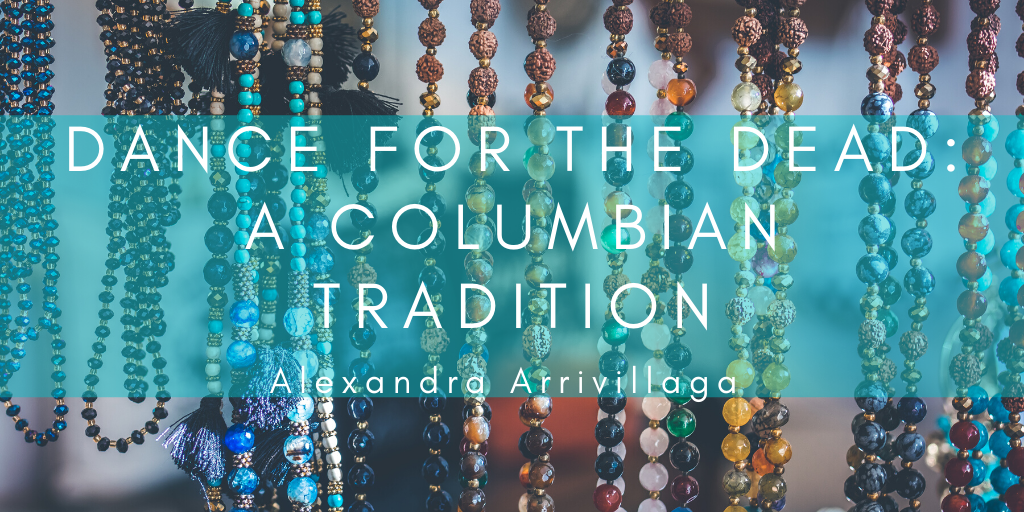Every culture has its own ways to mourn the death of friends and family members. The western cultures morn their deaths with funerals and burial ceremonies. In the culture of Afro-Columbian, the funerals are quite different than those of the western cultures. While in the west funerals are often sad, the culture of the Afro-Columbian cultures celebrates the departure of their loved ones in a joyous and melancholic display that is expressed with music, song, and dance. This ritual is called the dance for the dead.
It is believed to many of the Afro-Columbian cultures that both music and dance help their ancestors to both transcend and evolve. A choir of harmonic prayers and chants called “alabados” is sent to the heavens, and it is asked that the suffering of those they have loved to be eased and their spirits delivered to god for judgement. To the Afro-Columbian community, the souls of the past loved ones are not seen as dead, but present and they observe the ritual, they feel that if sadness is shown that this may displease the dead and prevent them from entering heaven. Lullabies called “Guali” are performed by groups of women to send the departed to their next life. These are often performed in the southern Pacific region and often have no musical accompaniment. Those that are passing on become angels after they die.
The rituals are energetic, and playful with the sounds of wind instruments and drums radiating joyful music that accompany the dancers called, “bambazu”. These dancers chant their goodbyes to those they have loved.
It is also believed that while the spirit disappears it continues to watch over their family members for several days after death, during the final day is when the ritual and burial both take place. Many in the culture feel that death is transcendent and that it can be understood from another perspective.
These ceremonies help to reflect on those that have been lost but continuing to see their passing in a positive light. It allows people to feel connected and at peace with the passing. But they continue to see it as a joyful experience since their soul will be going to the afterlife in heaven.

